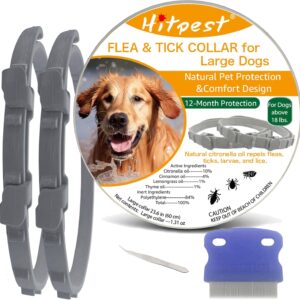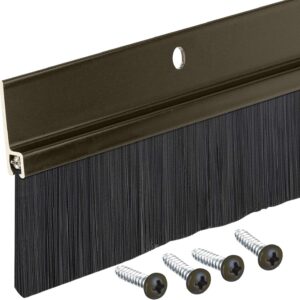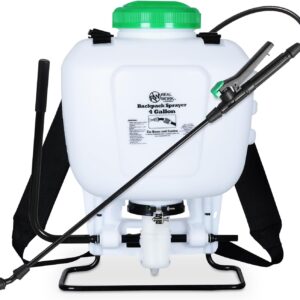Give No Pest a Chance in Your Home!
Great products for Pest Control!
Shop with usBest Sellers
-

Waterproof Solar Mole & Gopher Repellent for Rat, Squirrel, Skunk, Mole
$47.99 Buy Now -

Flea & Tick Collar for Large Dogs+ Free Comb & Tweezers (2‑Pack)
$14.49 Buy Now -

Brush Sweep Door Sweep, 3 ft Aluminum Brown Trim with 1½″ Brush
$29.99 Buy Now -

Anchor Hocking SnugFit 18‑Piece Glass Storage Containers with Lids
$42.99 Buy Now -

Plantskydd Animal Repellent Spray 32 oz RTU | Organic Deer and Rabbit Defense
$25.95 Buy Now -
Sale!

Solar Panel Bird Guard 6″ x 50ft Mesh Kit, PVC-Coated Critter Guard with 50 Fasteners
$28.99Original price was: $28.99.$25.99Current price is: $25.99. Buy Now -

10 Pack Solar Snake & Rodent Deterrent Stakes for Yard & Garden
$27.99 Buy Now -
Sale!

10X LED Magnifying Glass with Stand & Adjustable Gooseneck
$43.99Original price was: $43.99.$39.99Current price is: $39.99. Buy Now
Recent Additions
-

3-Pack Pump Sprayer Replacement Handles for Wands and Backpacks
$13.99 Buy Now -
Sale!

SOLO 475-B 4-Gallon Bleach-Resistant Diaphragm Backpack Sprayer
$119.95Original price was: $119.95.$107.99Current price is: $107.99. Buy Now -
Sale!

REALWORK 4 Gallon Backpack Sprayer, Translucent Tank for Pests, Weeds, and Garden Care
$59.99Original price was: $59.99.$39.99Current price is: $39.99. Buy Now -

2 Gallon Battery Powered Garden Sprayer, with 32 inch Telescopic Wand and 4 Nozzles
$34.99 Buy Now -
Sale!

VAXMAY 4 Gallon Battery Backpack Sprayer, 100 PSI, Makita 18V Compatible
$96.99Original price was: $96.99.$87.29Current price is: $87.29. Buy Now -
Sale!

PetraTools HD4000 4 Gallon Battery Backpack Sprayer, 6-8 Hr Runtime, Up to 90 PSI
$299.99Original price was: $299.99.$199.99Current price is: $199.99. Buy Now -

T TOVIA 1L Electric Plant Mister: Battery Powered Garden Sprayer
$24.99 Buy Now -

SOLO 315-A Backpack Sprayer: 4-Gallon Viton(R) G7915559
$134.99 Buy Now